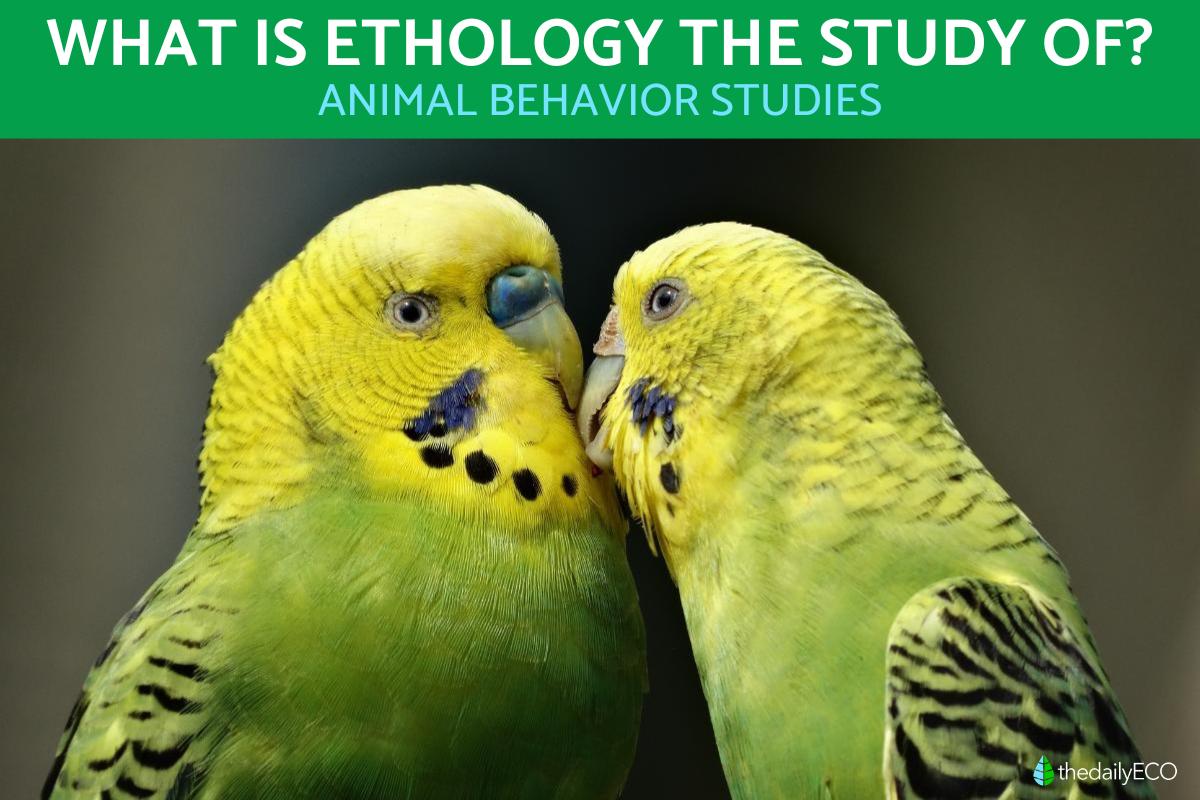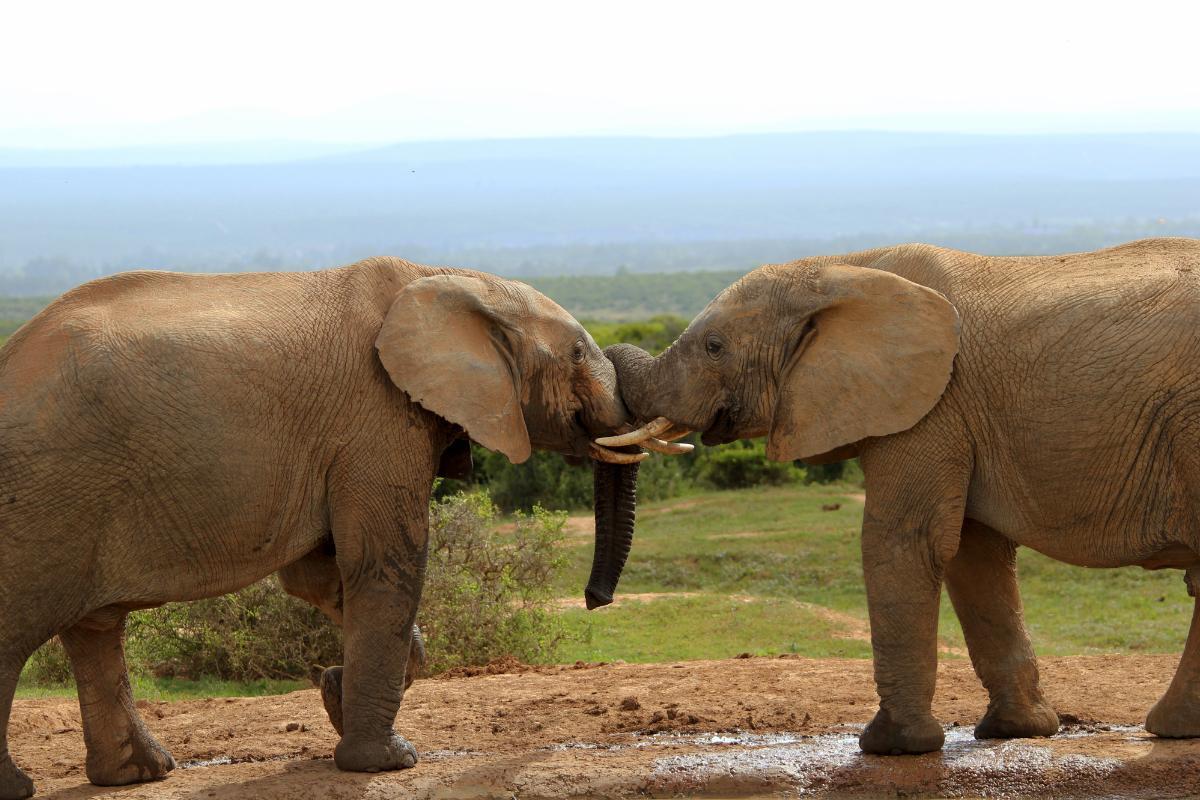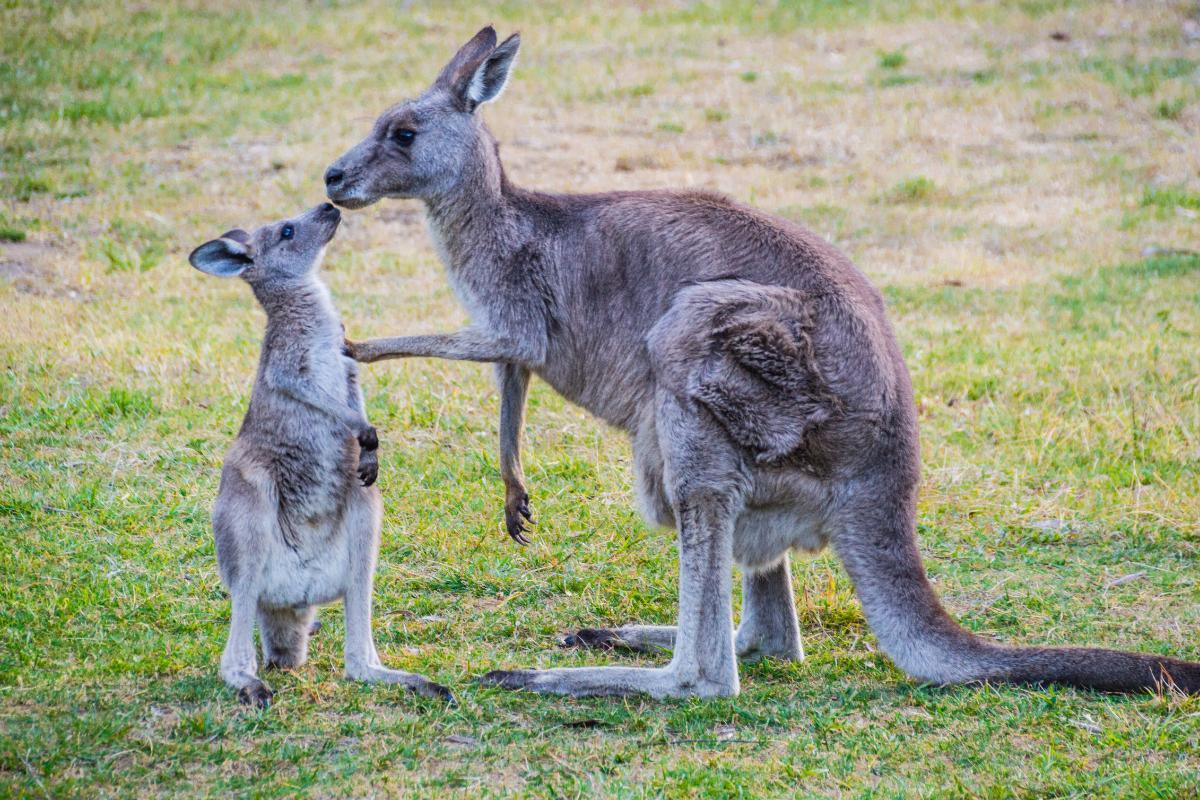What Is Ethology the Study Of?

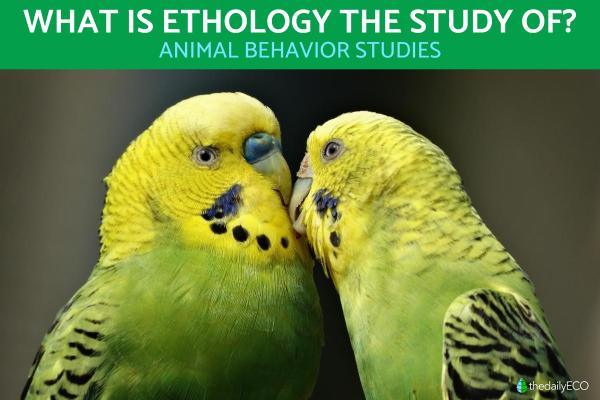
Ethology is a branch of zoology that studies the specifics of animal behavior. By studying animal behaviors, we are able to see not only how animals interact with their environment, but how these behaviors have evolved and adapted over time. This is not only a fascinating insight into animal life, but it is also an essential means of understanding how we can protect the futures of animals in ecosystems around the world. For example, only through accurate understanding of animal behaviors can effective conservation measures be put in place. At thedailyECO, we understand more about the importance of animal behavior studies by asking what is ethology the study of?
What is ethology the study of?
Simply put, ethology is the study of animal behavior. It is a branch of zoology, the overarching scientific discipline dedicated to understanding animal life. Its name is derived from the Greek ἦθος (ethos), meaning ‘character’, and -λογία (-logia) which translates as ‘the study of’.
It may seem odd to us, but science hasn't always been as invested in understanding animal behavior in the ways we now investigate. The term ‘ethology’ was popularized by the American entomologist William Morton Wheeler in 1902. Charles Darwin is considered the first modern ethologist, since he laid the foundations of this science with his work The Expression of the Emotions in Man and Animals (1872), which influenced later research on animal ethology.
One of the reasons ethology is such a relatively recent scientific discipline is because it approaches the study of animals in a different way. Before Darwin, nature was studied in a way which focused on physiology and anatomy more than on behavior. Behavioral concepts were also viewed more through a philosophical or religious lens. Darwin's findings about evolution and biological adaptation in animals, helped us to see these organisms in a new light.
In the early 20th century, ethology gained greater prominence thanks to the work of researchers such as Konrad Lorenz, Nikolaas Tinbergen and Karl Von Frisch. These three were collectively awarded the Nobel Prize in Medicine in 1973 for their contributions to the field.
If you want to learn more about different animal species are formed, we ask what is divergent evolution?
What does ethology study?
Ethology studies animal behavior in the natural environment. It focuses on the direct observation of animals in their respective habitats, allowing us a deep understanding of their motivations, interactions and adaptations to the environment. This study not only reveals how animals respond to external stimuli, but also illuminates the evolution of their behaviors in relation to survival and reproduction. In this way, the study of animal ethology provides valuable insights into animal life and its complexity.
Ethological studies focus on instinctive behaviors which are common to all members of a species under specific circumstances. Pioneers such as Eugène Marais, Oskar Heinroth and Julian Huxley carried out meticulous research that included the construction of ethograms. Ethograms are systematic descriptions of behaviors and their frequency of occurrence.
You can discover more about how ecosystems and the organisms within them are studied in our article asking what is the difference between autecology and synecology?
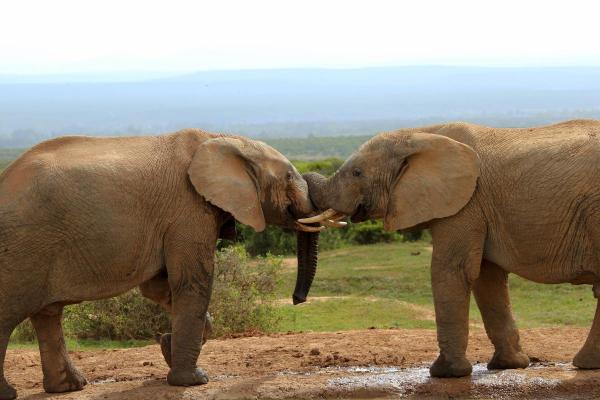
Types of ethology
While ethology is itself a branch of zoology, there are other branches of scientific study within the discipline known as ethology. All of these different branches of ethology can be grouped under two main categories:
Innate animal behaviors
Commonly known as instincts, innate behaviors are those that are genetically determined and manifest themselves in a predictable manner in response to certain stimuli. These behaviors are inherent to all members of a species and are performed without the need for prior learning.
Examples of innate behaviors in animals can be seen in a spider's ability to weave complex webs or a cat's innate hunting instinct. While they can be influenced by external factors, innate behaviors are automatic and do not require practice. Innate behaviors are essential for survival as they allow animals to react to critical situations, such as searching for food or protecting their young.
Learned animal behaviors
Learned behaviors are those that develop through experience and interaction with the environment. This type of behavior includes processes such as habituation, where an animal stops responding to a stimulus after repeated exposures.
Learning by association is another example of learned behavior in animals. This includes classical conditioning which allows animals to associate stimuli with specific responses. This is a fundamental principle in animal training. Although they may work alongside instinctual behaviors, innate behaviors give organisms the flexibility to adapt to changes in their environment. This is something which is essential for their survival in a constantly changing world.
If you want even more background information on zoological studies, you can read our article asking what makes an animal?

Why is ethology studied?
By studying behavior, ethologists can identify how interactions, territorial defense, communication and migration affect species survival. In addition, ethology investigates how factors such as genetics, learning and individual experience shape the expression of these behaviors in diverse zoological species.
The aim of ethology is to provide a deep understanding of how animals interact with their environment. It also seeks to understand how these interactions have evolved and adapted over time. Through Tinbergen's four questions of function, causation, development and evolutionary history, we can better understand the complexities of animal behavior, contributing significantly to animal welfare and biodiversity conservation.
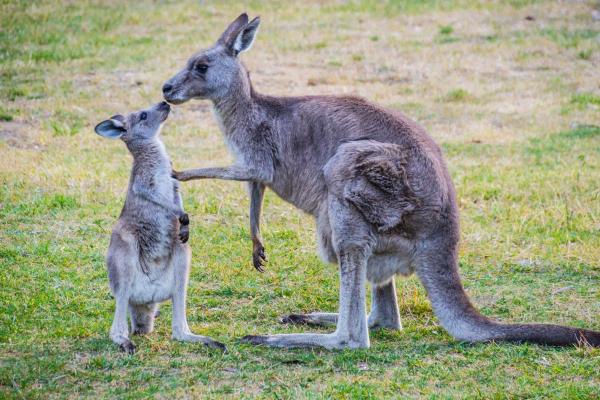
Why is animal behavior studies important?
Ethology is crucial to understanding how animals adapt to their environment and the circumstances which provoke such adaptations. Its research covers trophic, reproductive and social behaviors, all developed in relation to the environmental context.
Our world's ecosystems are currently facing drastic changes due to human action, such as pollution and climate change. These alterations impact not only individuals, but also species as a whole. They do so by threatening diet, reproduction and migration patterns. For example, extreme weather events can reduce the availability of resources, altering the balance of the ecosystem and affecting the survival of various species.
Ethology not only contributes to the theoretical understanding of animal behavior, but also has practical applications. It allows for the design of effective conservation strategies for endangered species, the improvement of animal welfare in controlled environments and the development of environmentally friendly pest control methods. In domestic settings, ethology is used to help companion animals better live in human environments.
If you would like to learn more about what specific animal behaviors tell us about their species, we share these articles on how birds reproduce and what is fish shoaling?
If you want to read similar articles to What Is Ethology the Study Of?, we recommend you visit our Biology category.
- Lorenz, K. (1981). The Foundations of Ethology. Springer Science + Business Media New York. https://monoskop.org/images/3/37/Lorenz_Konrad_The_Foundations_of_Ethology_1981.pdf
- Dugatkin, L. (n.d.). Principles of Animal Behavior. Fourth edition. https://press.uchicago.edu/dam/ucp/books/pdf/course_intro/978-0-226-44838-1_course_intro.pdf





